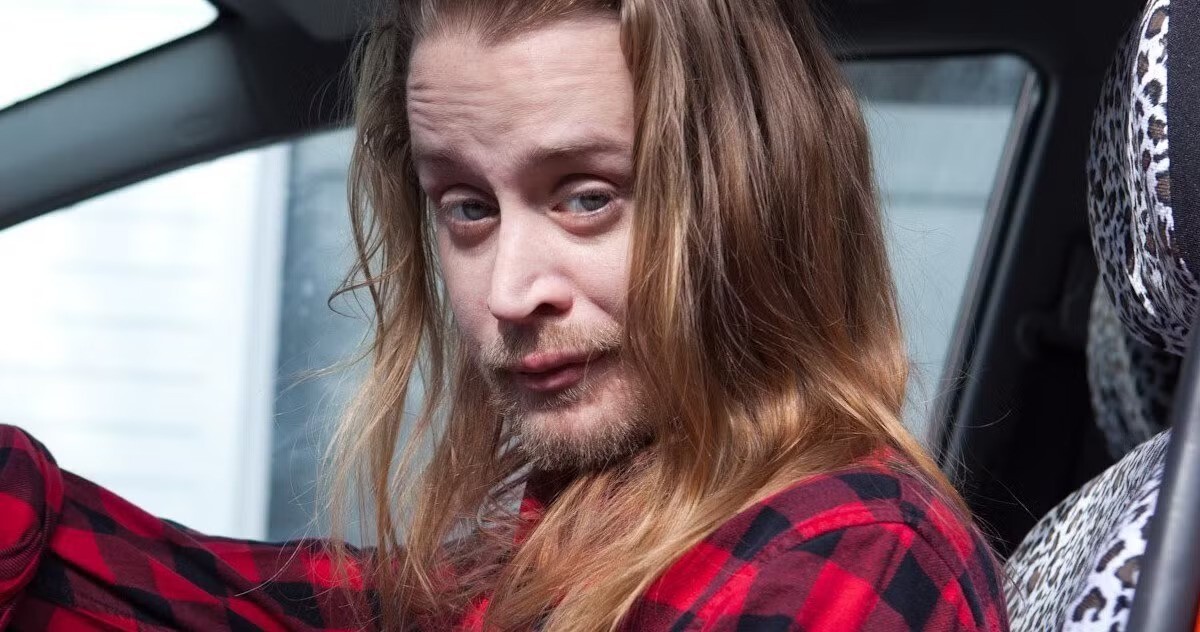Child stars then and now tell wildly different stories. Some become Oscar winners, others battle addiction, and many vanish completely. Hollywood churns out thousands of child performers, but only a handful make it to adulthood unscathed.
The numbers are brutal: 70% of child actors quit before age 25. Those who stay face challenges most people never imagine. Remember your favorite Disney Channel stars? Their authentic stories might shock you.
The Harsh Reality of Fame
What happened to child stars boils down to luck, family, and money. Most spend their teens on movie sets instead of in classrooms. They miss proms, sports teams, and sleepovers. By 18, many feel like aliens trying to fit into everyday life.
California has child labor laws, but does it have emotional support? That’s hit or miss. Recent studies reveal the hidden costs of child stardom – anxiety, depression, and identity crisis top the list.
Former child actors today range from the well-known to the unknown. Some rule Hollywood, others teach kindergarten, and sadly, some never recovered from early fame. None of them chose to grow up with paparazzi watching their every move.
Stars Who Made It
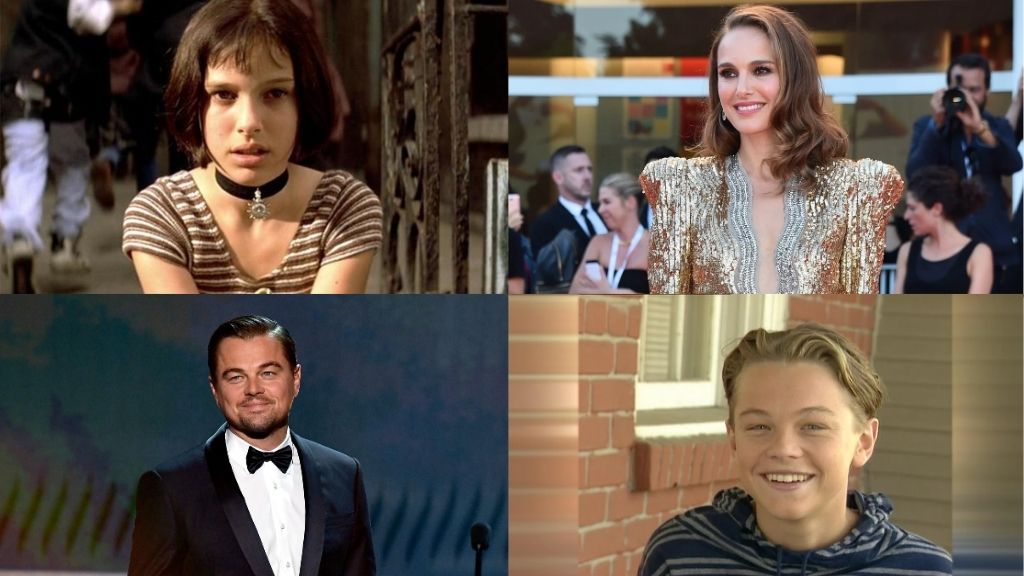
Hollywood child stars who have grown up include A-listers you might never guess started young. Natalie Portman went from “The Professional” to Harvard to an Oscar. Smart move? She continued studying even at the height of her fame.
Leonardo DiCaprio jumped from “Growing Pains” to “Titanic” without missing a beat. His secret? Great mentors and choosing scripts carefully. Plus, he never let fame go to his head.
Joseph Gordon-Levitt parlayed “3rd Rock from the Sun” into directing gigs and his own media company. Drew Barrymore clawed back from addiction to build an empire. Ryan Gosling quietly became a heartthrob after “Mickey Mouse Club.”
Successful former child stars share common traits, including solid family backgrounds, good education, and sound financial management. They also know when to say no to bad projects.
| Star | Child Role | Adult Success | Secret Weapon |
| Natalie Portman | The Professional | Oscar Winner | Harvard degree |
| Leo DiCaprio | Growing Pains | A-list icon | Smart script choices |
| Joseph Gordon-Levitt | 3rd Rock | Multi-hyphenate | Creative diversity |
| Drew Barrymore | E.T. | Talk show queen | Recovery and reinvention |
The Ones Who Walked Away
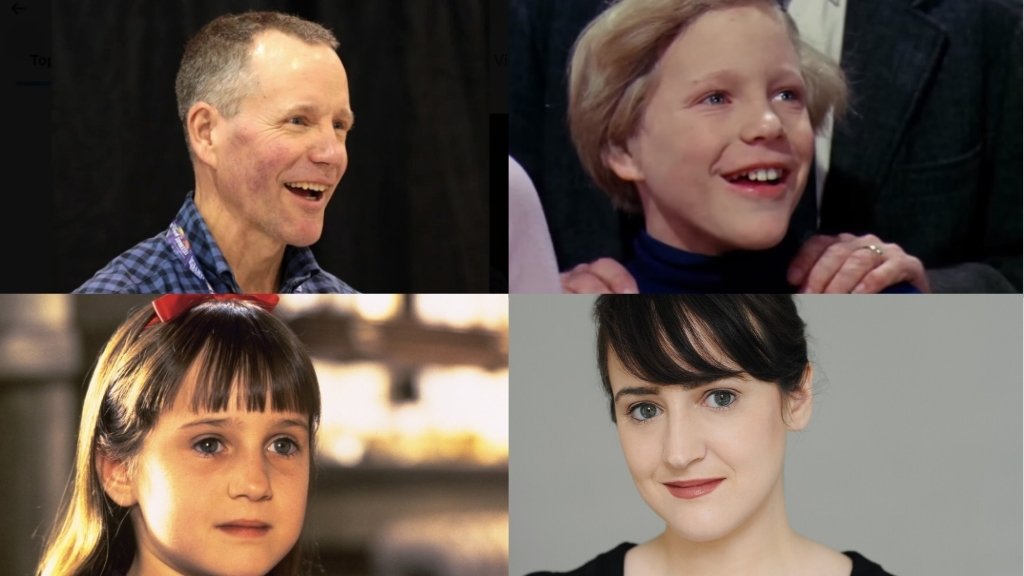
Where are child stars now? Often in jobs that would surprise you. Many became doctors, teachers, or business owners. The entertainment skills—discipline, public speaking, and creativity— translate well to other careers.
Mara Wilson (“Matilda”) became a writer and mental health advocate. She speaks openly about the pressures of being a child star. Peter Ostrum played Charlie in “Willy Wonka” and then became a veterinarian. He never acted again and loves it.
Child actors who quit acting often cite the same reasons: a craving for privacy, a desire for an everyday life, and a need to escape typecasting. Many discover they’re happier out of the spotlight.
Ron Howard went from “Happy Days” to Oscar-winning director. Danica McKellar left acting to pursue mathematics and wrote children’s books about math. Both prove that child stars can excel in any setting.
Leaving acting isn’t just a path for child stars. Many well-known celebrities have walked away from Hollywood entirely, choosing privacy or personal growth over fame.
The Cautionary Tales
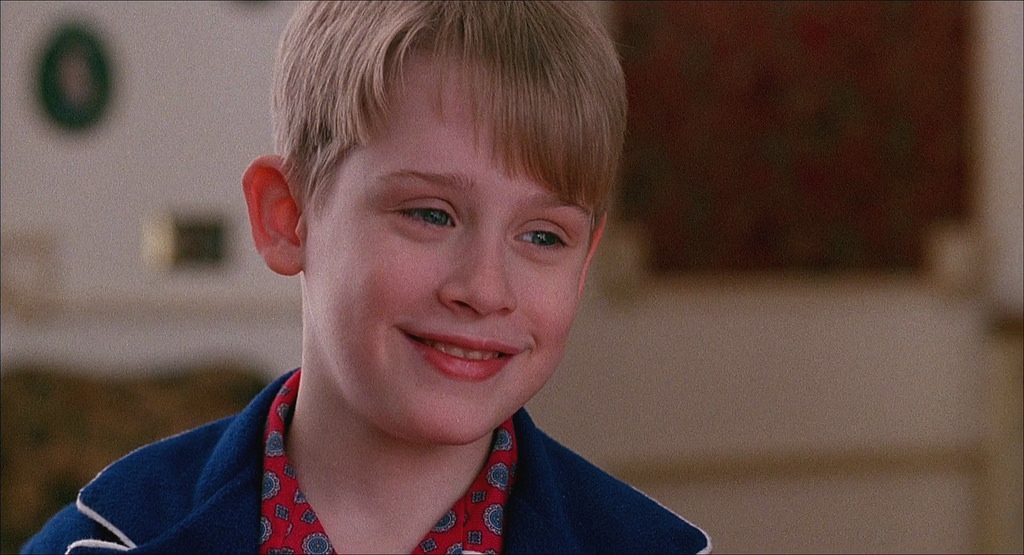
The stories of troubled child stars make headlines for good reason. Fame plus adolescence equals disaster for many. Dana Plato, Gary Coleman, and Amanda Bynes became cautionary tales about the dangers of unchecked child stardom.
Macaulay Culkin faced brutal media scrutiny as a teen. He stepped back, got help, and survived.
Lindsay Lohan’s public meltdown demonstrated how quickly things can spiral out of control. Both stories emphasize the importance of robust support systems.
Life after child stardom hits different when your peak was at age 12. Many report feeling lost when the attention fades. Identity crisis? Check. Trust issues? Double check. Basic life skills? Often missing.
Financial abuse runs rampant. The Coogan Law protects 15% of earnings, but families often blow through the rest. Some child stars discover that their millions vanished before they turned 18.
Modern Changes
Young celebrities after fame often look different, thanks to social media. Instagram and TikTok let former stars control their narratives, but online bullying hits harder than ever.
Better laws protect child performers today. Set teachers, provide psychological support, and implement stricter hours. But YouTube and TikTok kids face the same pressures with fewer protections.
Famous child actors, past and present, benefit from mental health awareness. Therapy is no longer taboo. Studios employ child psychologists. Streaming platforms create more age-appropriate roles for transitioning actors.
School vs. Set
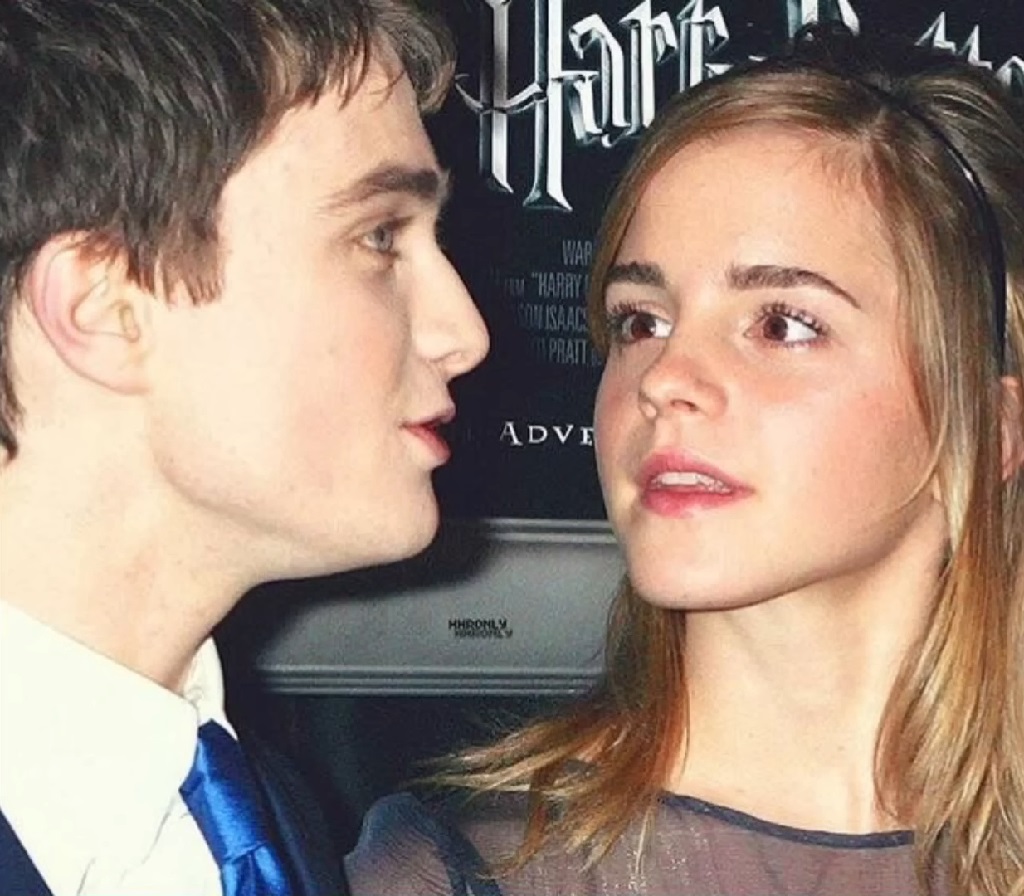
Child star career outcomes depend heavily on the quality. On-set tutors vary wildly. Some states demand better educational standards, but enforcement is spotty.
Social skills suffer the most. Missing everyday childhood experiences creates awkward adults. Many former child stars struggle with relationships and basic social cues.
Hollywood kids who have grown up describe feeling like old souls with missing pieces. They handle business meetings at 15 but can’t do laundry at 25. Family dynamics can become complicated when children start paying the bills.
Emma Watson balanced “Harry Potter” with Brown University. She prioritized education and normal friendships. Her approach became a blueprint for innovative child star management.
Money Matters
Money management makes or breaks former child stars. Many earn millions but lack financial literacy. Parents who view their children as retirement plans create toxic dynamics.
Bright child stars invest early and live below their means. Residuals from hit shows provide ongoing income, though streaming has complicated the math. Financial independence equals career freedom.
Frankie Muniz banked his “Malcolm in the Middle” money and explored racing and music. His financial security allowed him to choose passion over paychecks.
Family First
Family support determines everything. Good parents prioritize well-being over paychecks. Bad parents create pressure cookers that explode publicly.
Professional teams matter too. Agents focused on long-term careers beat those chasing quick cash. Mental health pros who understand child stardom provide crucial support.
The Fanning sisters succeeded because their parents established clear boundaries and maintained an everyday family life. Both transitioned smoothly to adult careers while staying grounded.
Education, combined with life skills coaching, helps former child stars feel confident about their futures. Mentorship from other former child stars provides practical wisdom.
Hollywood’s child star machine continues to churn, but awareness is growing. The industry is slowly learning that protecting young performers benefits everyone. The next generation of child stars might just have a better shot at happy endings.

